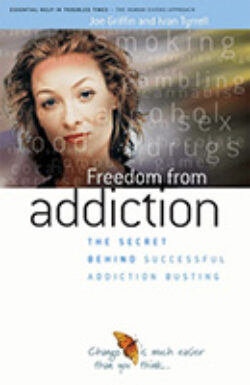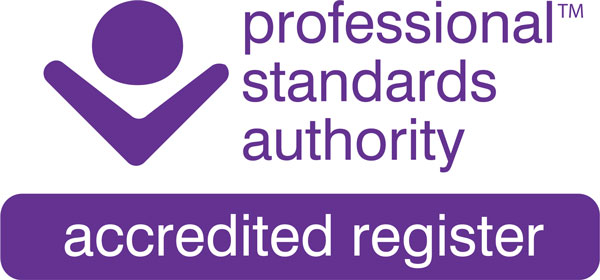What is addiction and how to beat it
Vast numbers of us do certain things to excess and have the feeling that it might be difficult to stop; or maybe we sometimes wonder why on earth we have just behaved in a way that seemed attractive before we did it but certainly doesn’t afterwards. A proper understanding of the givens of human nature could change all that.
When stopping something feels out of our control, we can be described as dependent on that activity or addicted to it. It is possible to be addicted to any kind of pleasurable behaviour, whether it is drinking and smoking or vaping, surfing (wave and internet), sex, eating, shopping, gambling, working and so on and so on. Some activities or substances can generate a feeling so powerful that life without it may seem as if it will never be worthwhile again. For example, many gamblers have a big win early in their career and then spend the rest of their life chasing that buzz.
Why do addictions seem so hard to beat?
So what is it that makes addictions so easy to acquire and so difficult for most people to shake off? The answer lies in the chemical reward mechanisms that the human brain uses to motivate itself to act and learn.
The excitement we get when we are keen to do something is produced by dopamine, a natural brain chemical, very like cocaine in its effect, that increases emotional arousal and makes us want to take action. And the warm feelings of satisfaction we get after doing something enjoyable — such as eating, laughing, having sex, etc, or acquiring some new understanding or skill — are produced by endorphins, another natural substance (which is similar in effect to heroin). Working together, these chemicals keep us interested in performing the biological functions that preserve the species, and stretch each one of us to learn and achieve.
In a well-balanced life, a reasonable amount of natural reward is felt by the human every day, but in a life where essential emotional needs are not met and abilities are not stretched, the rewards do not come and life feels flat and meaningless.
This kind of life is rich territory for addictions to target, as every addictive substance or behaviour either stimulates a reward mechanism or provides a chemical reward directly. So dangerous activities now stimulate production of dopamine, generating a feeling of exhilaration; injecting heroin, for instance, gives a warm, cosy feeling like the natural feelings of satisfaction you might get after fulfilling any biologically necessary function.
Addiction can be beaten
Thus, to put an end to addictive behaviour it is necessary to understand two things: the way the reward mechanisms work, and how life can be lived in a way that delivers natural rewards that make addictive activities less attractive.
Once this is understood and acted upon, it is possible to beat addiction without becoming dependent on a recovery group and without having to consider yourself as an ‘addict’ for the rest of your life.
Human givens therapists help people in the grip of addiction or compulsions to get their real emotional needs met and acquire the understanding and employ the strategies that will enable them to walk away from danger and embrace a whole life.

Self-help
Much useful information can be found in the best-selling book Freedom from Addiction, by Joe Griffin and Ivan Tyrrell.
Find out more
- Understanding and treating addictions – A one-day online course which explains why we are all vulnerable to addictions, what causes and drives addictive and compulsive behaviours – and the best ways to overcome them
- Stopping Addictions: effective treatment and recovery – a practical skills-based 1-day workshop on how to overcome resistance, reduce relapses and withdrawal symptoms and give the best chance of long-lasting recovery.
Both of the above courses count towards the Human Givens Diploma.

